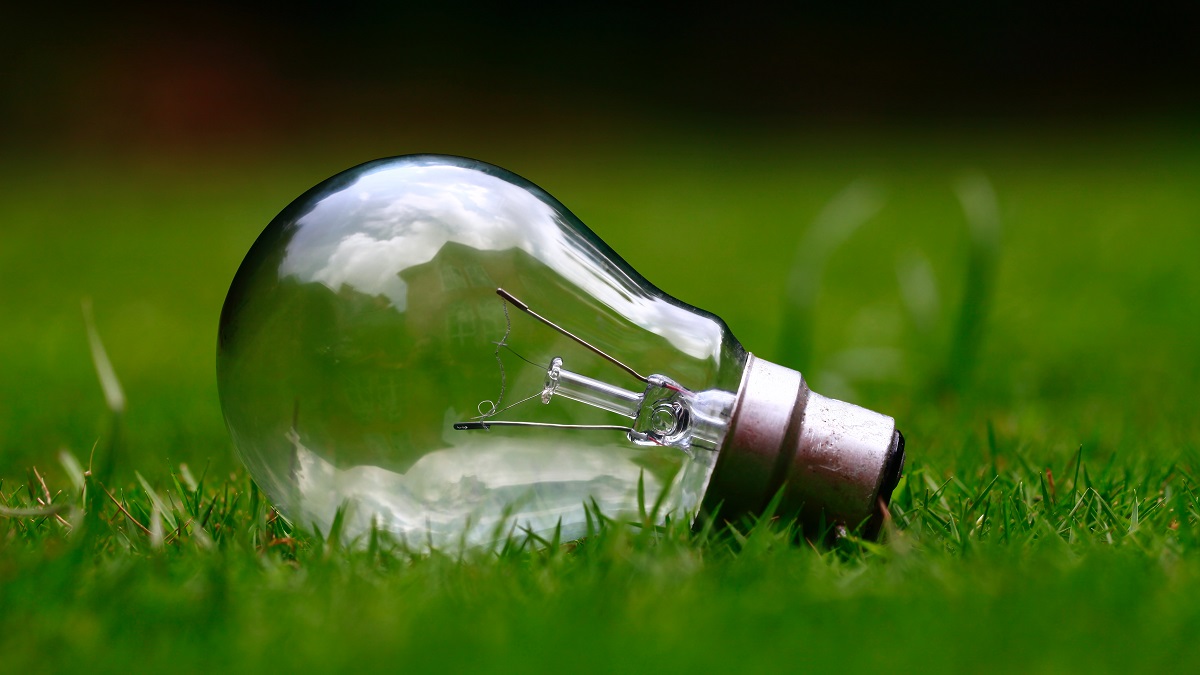The bill, according to which, from fiscal year 2025, new homes must meet energy saving standards, was adopted by the Japanese government, local media reported.
The government hopes that a bill to revise the law on improving the energy efficiency of buildings will be passed during the current regular session of Japan’s Parliament, which ends on June 15, as the country aims to achieve carbon neutrality by 2050.
Due to difficulties in extending the session of Parliament on the eve of the summer elections to the House of Councilors (Upper House), there will be insufficient time to discuss the new bill.
For this reason, the government and the ruling bloc, led by the Liberal Democratic Party, carefully considered the introduction of the bill directly during the session.
Together wih statement about his unwillingness to withdraw from liquefied natural gas projects on Sakhalin, since they provide “long-term, inexpensive and stable supplies”, Kishida also committed himself to reducing Japan’s energy dependence on external suppliers.
The urgency in passing the bill is due to persistent requests from home builders and legislators who support energy conservation.
The unfolding energy crisis in Asia, and the backlash from anti-Russian sanctions that exacerbated its impact on Japan, has led to an acceleration of investment in energy efficiency, electrification and renewable energy sources.
Japan, with its poor resources, has the lowest rate of energy saving among OECD countries (11.2% in 2020).

